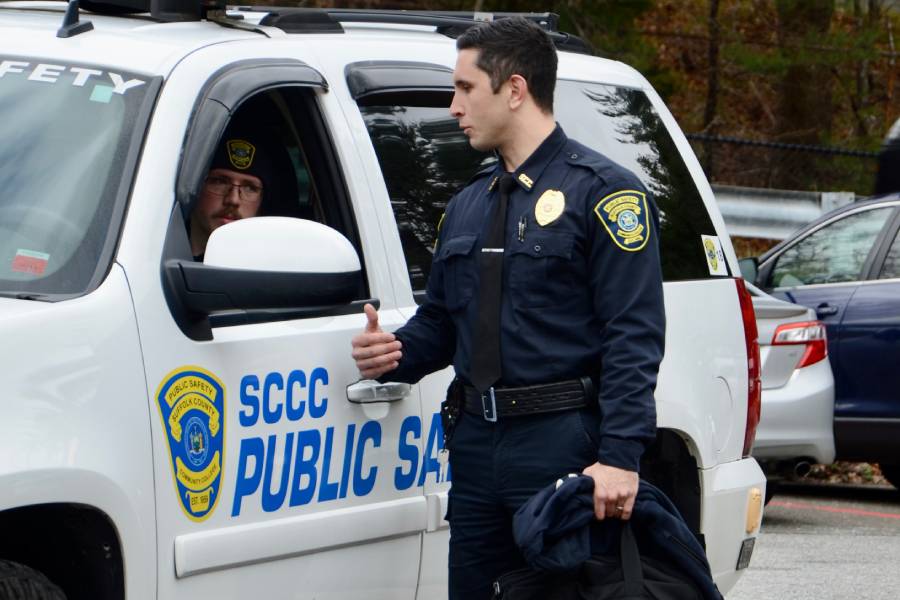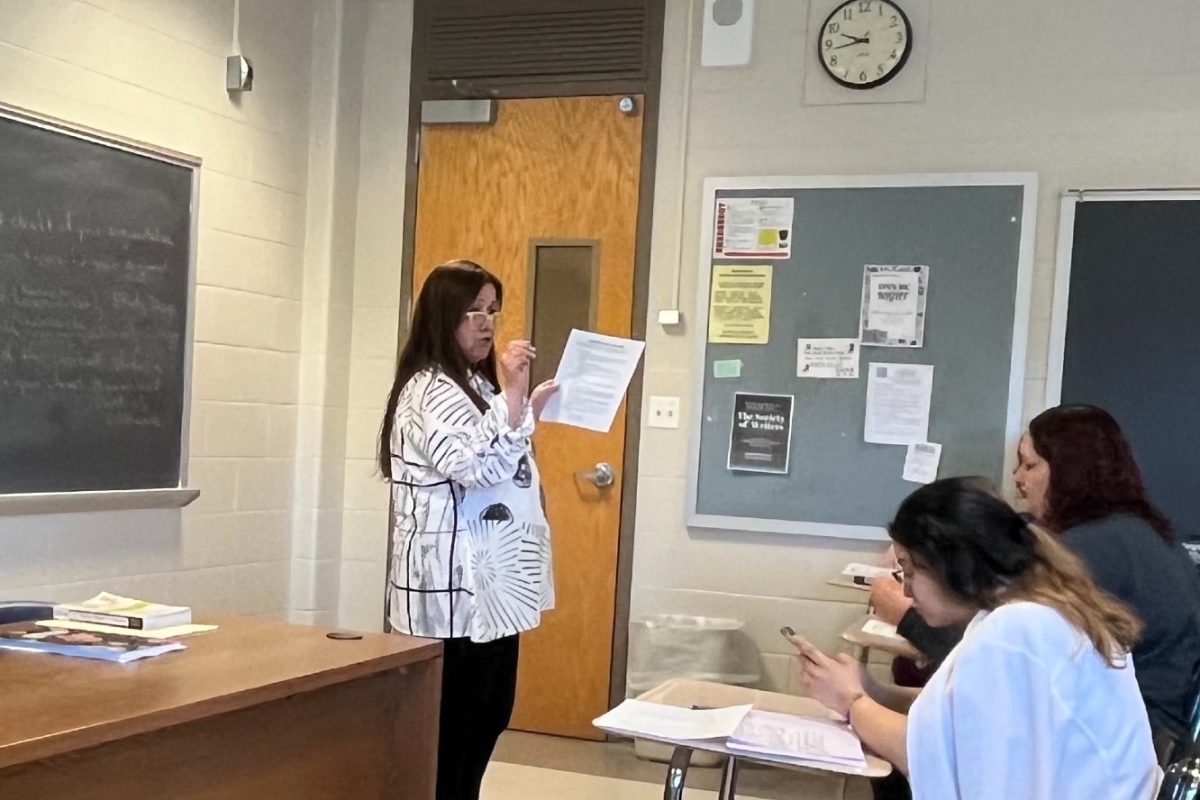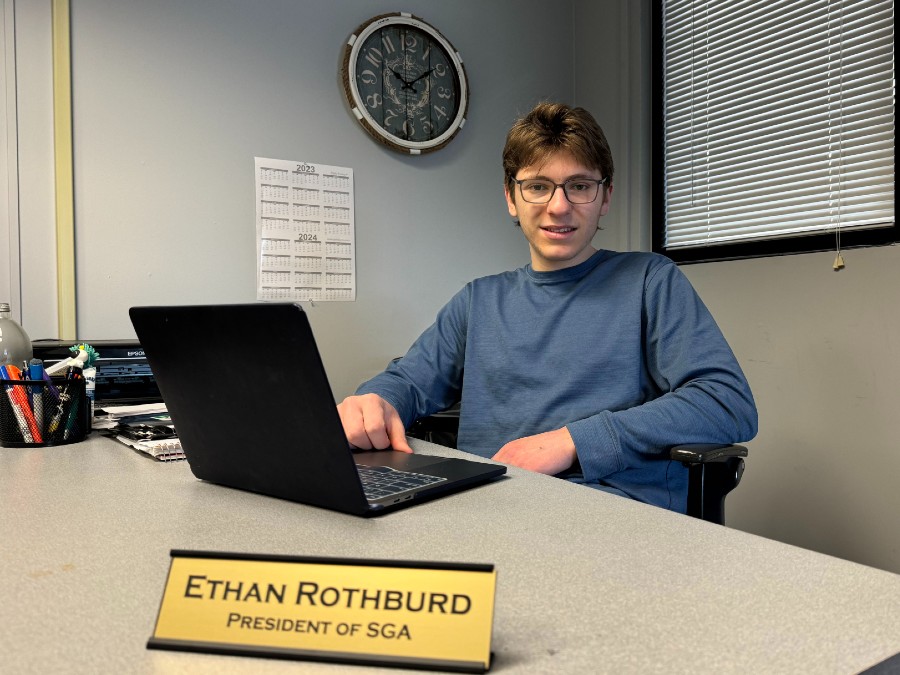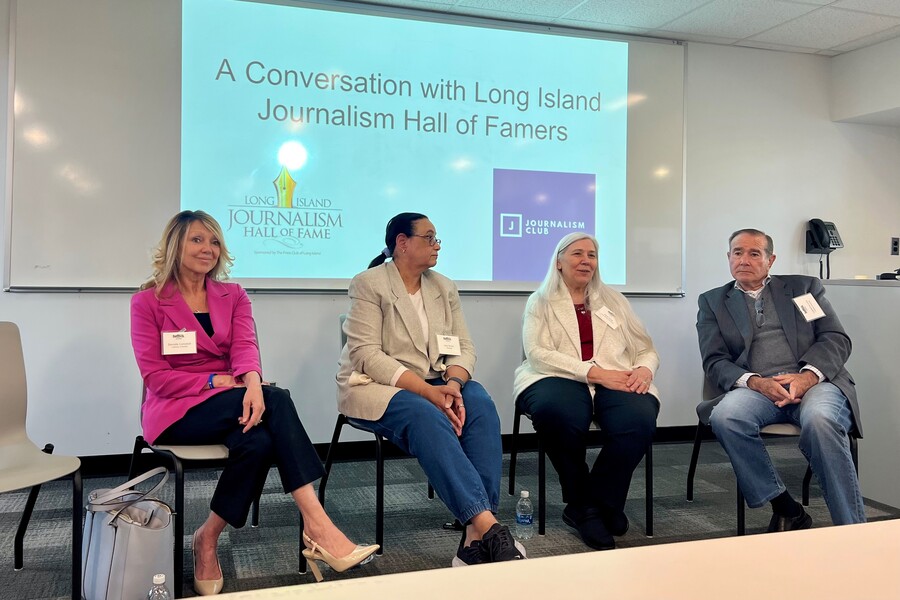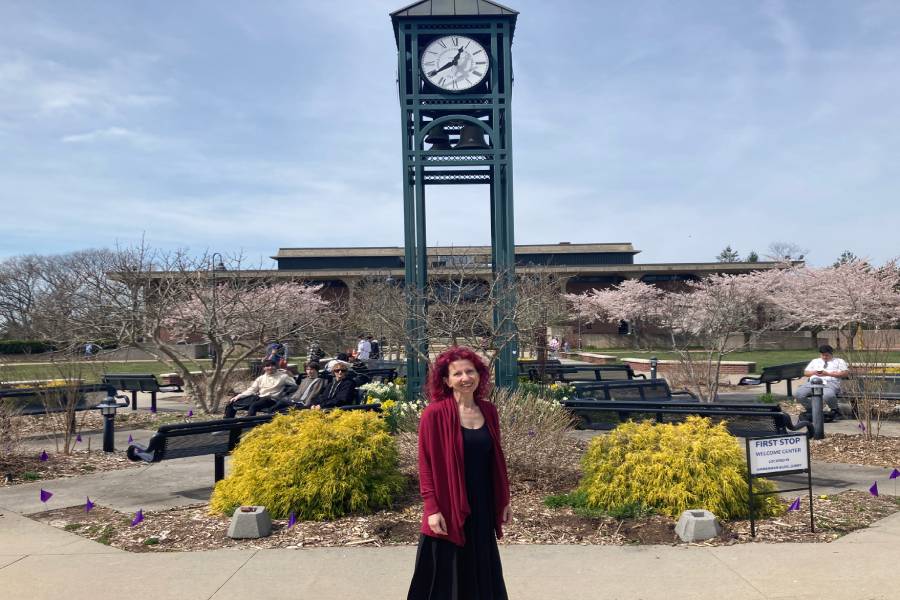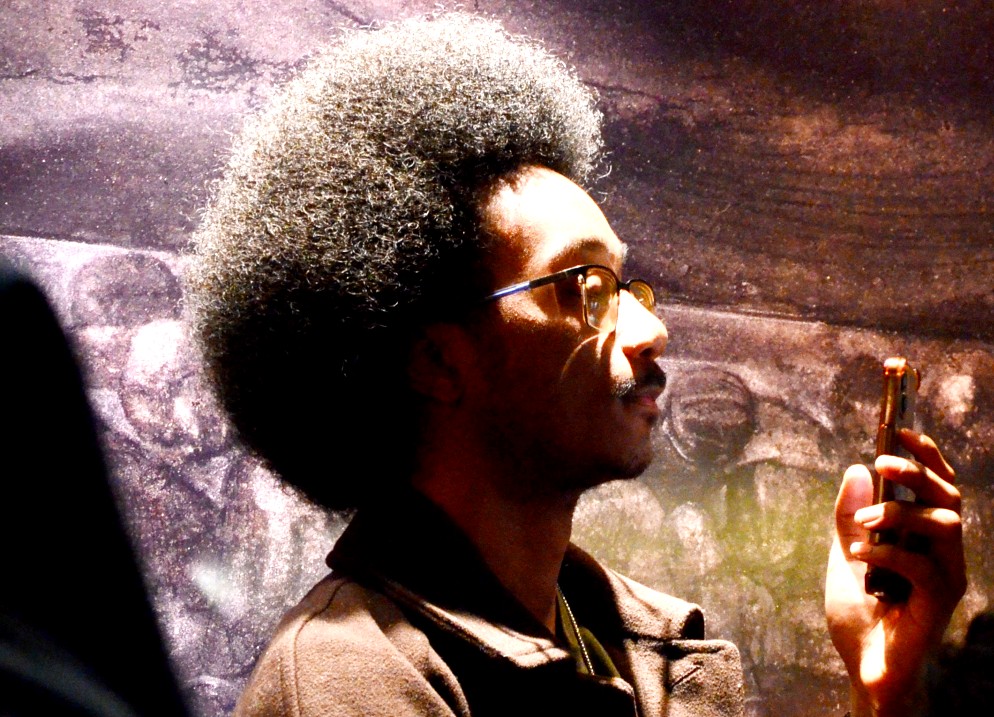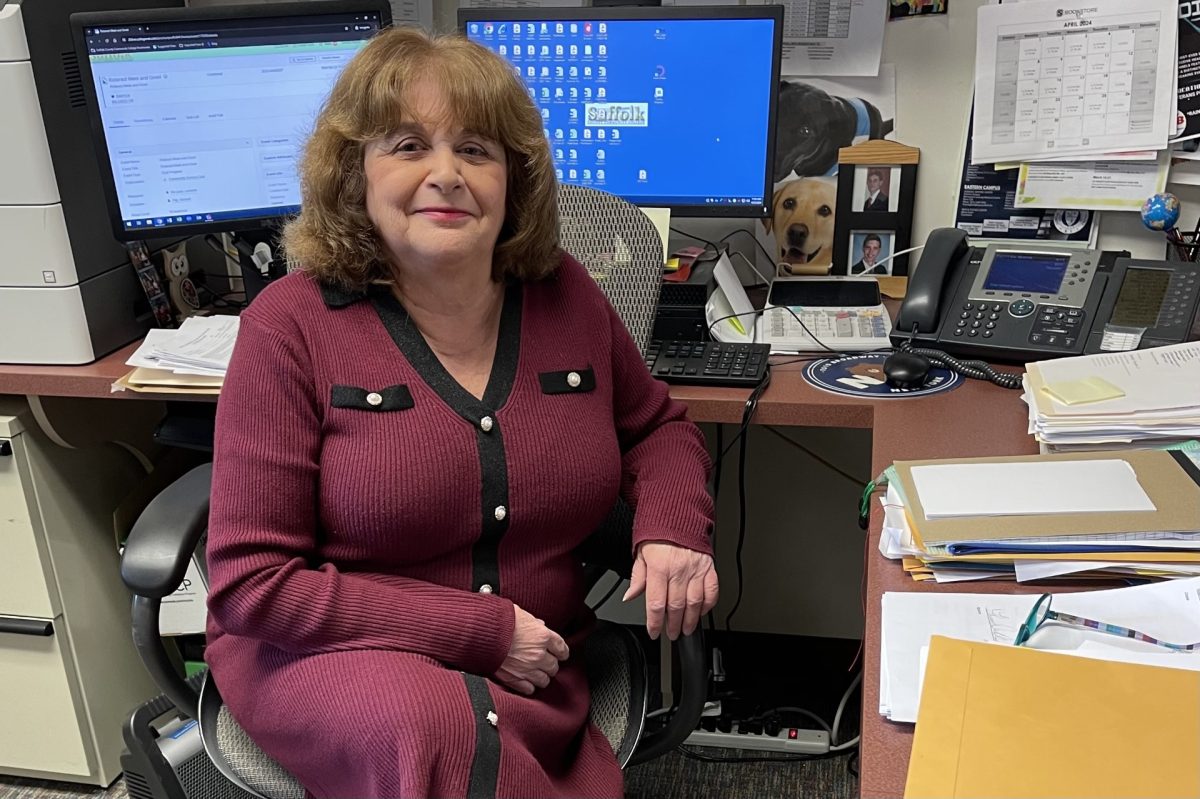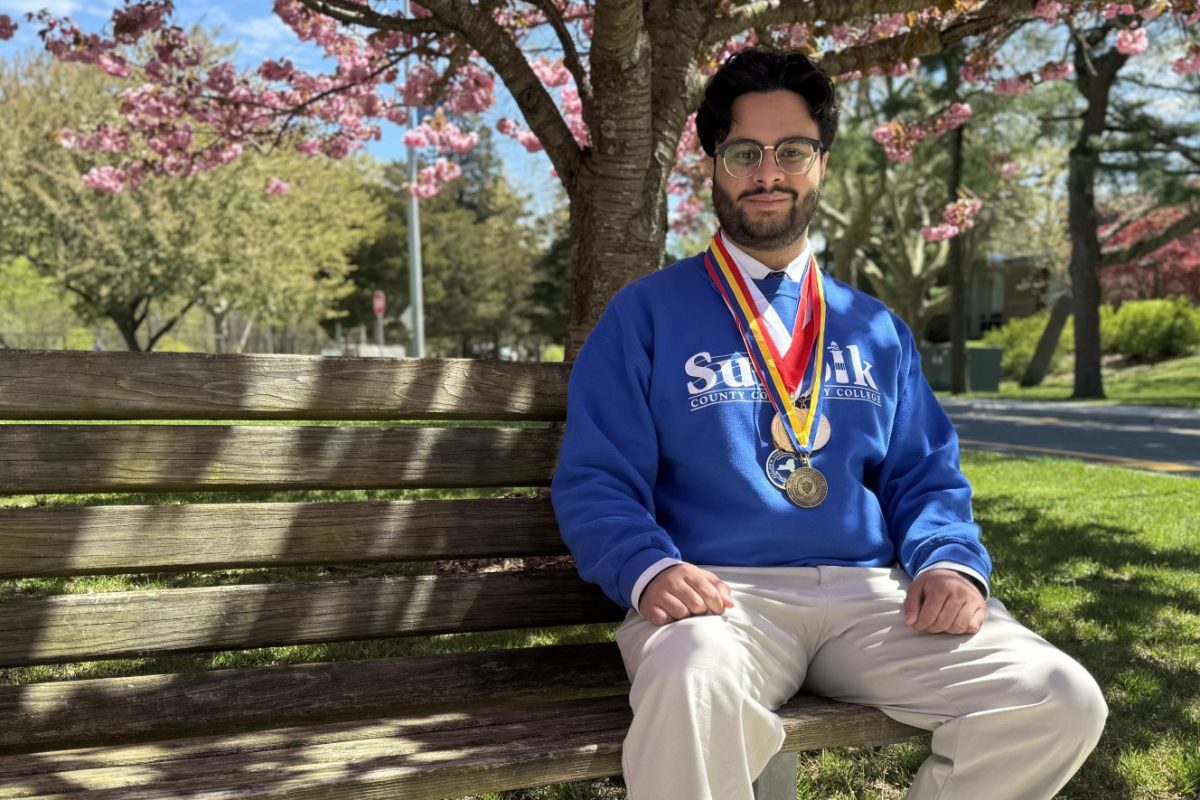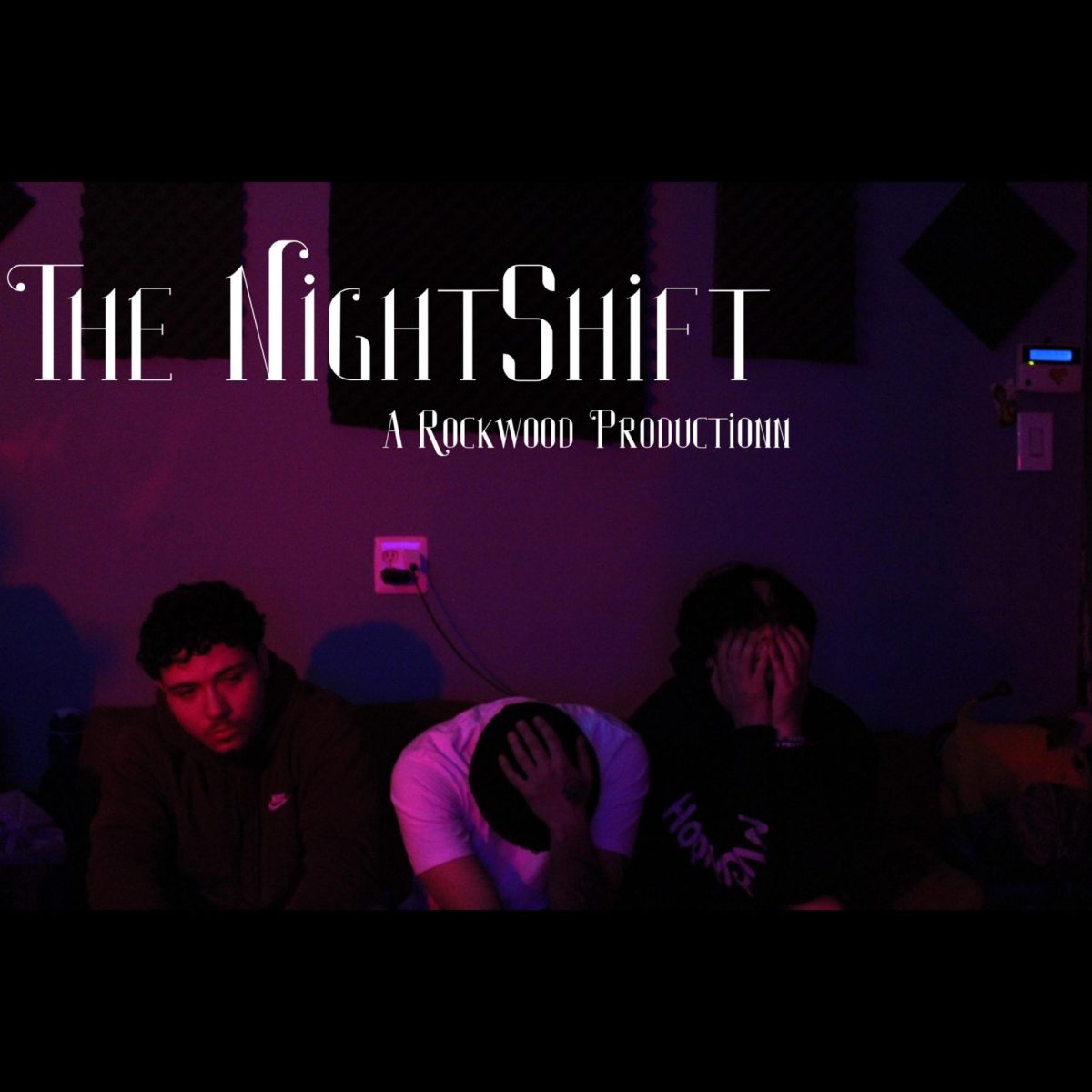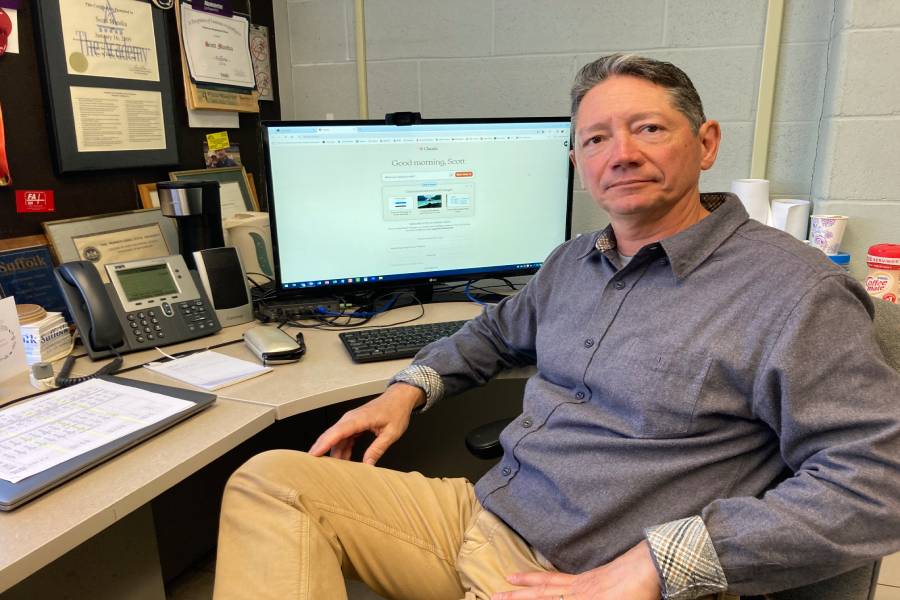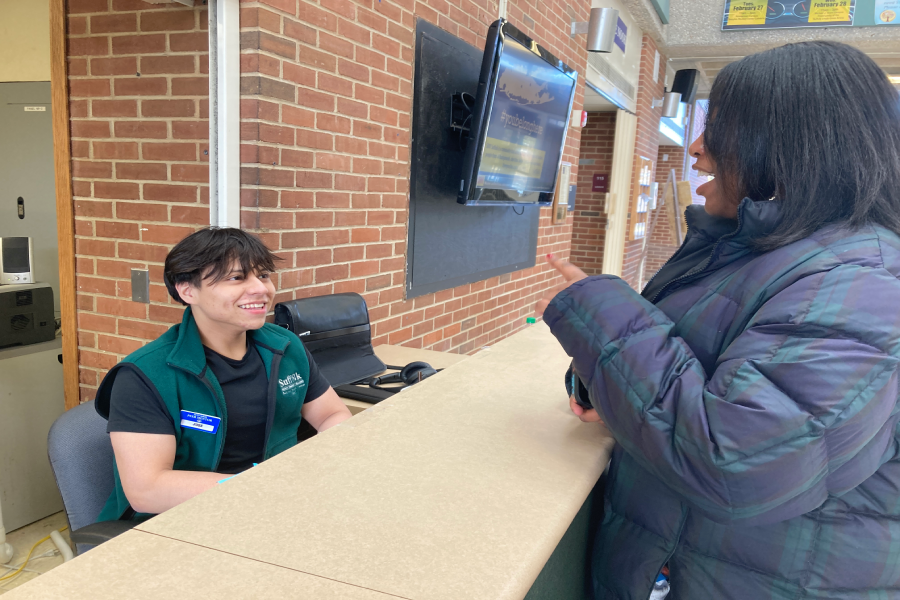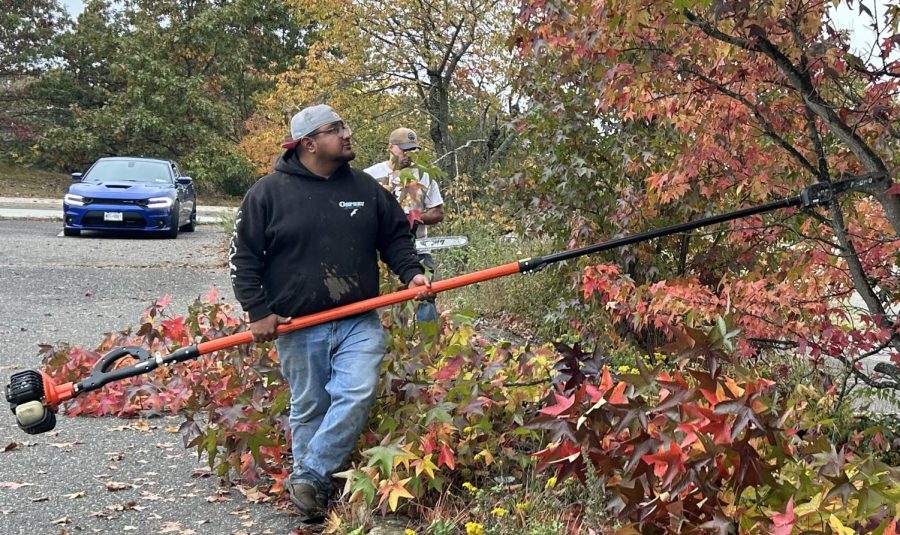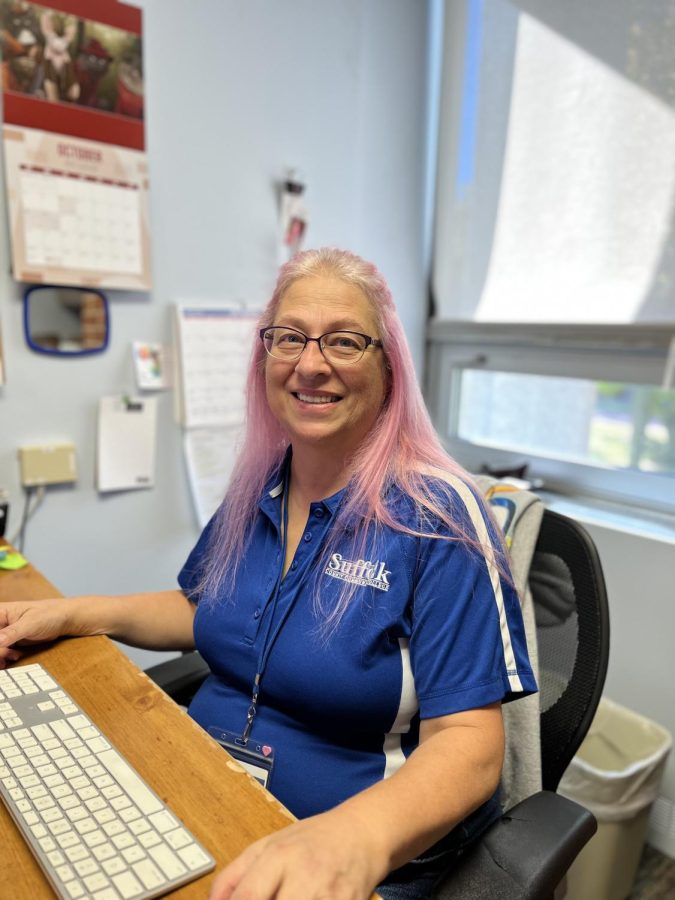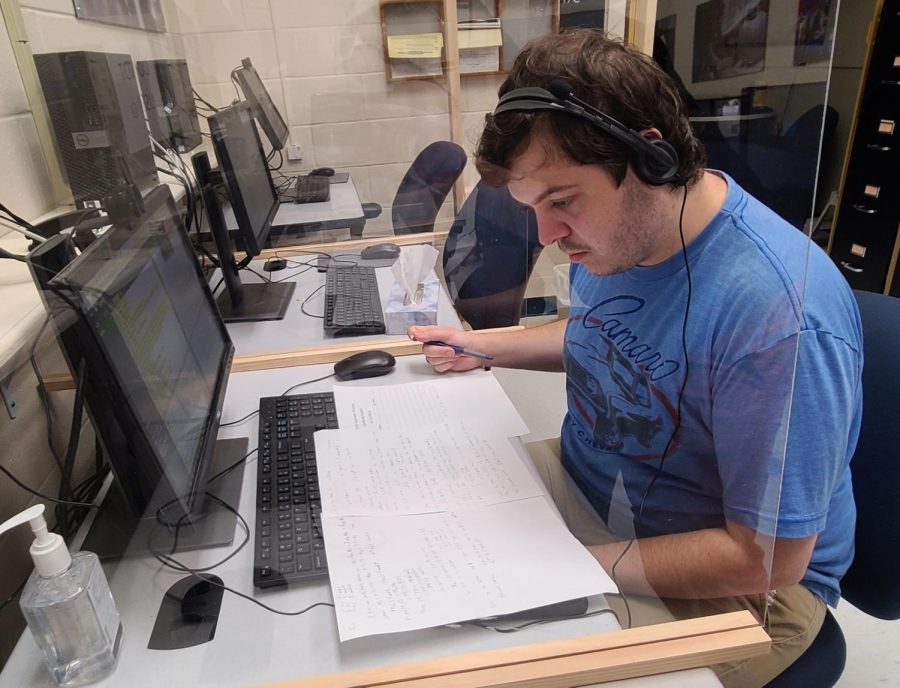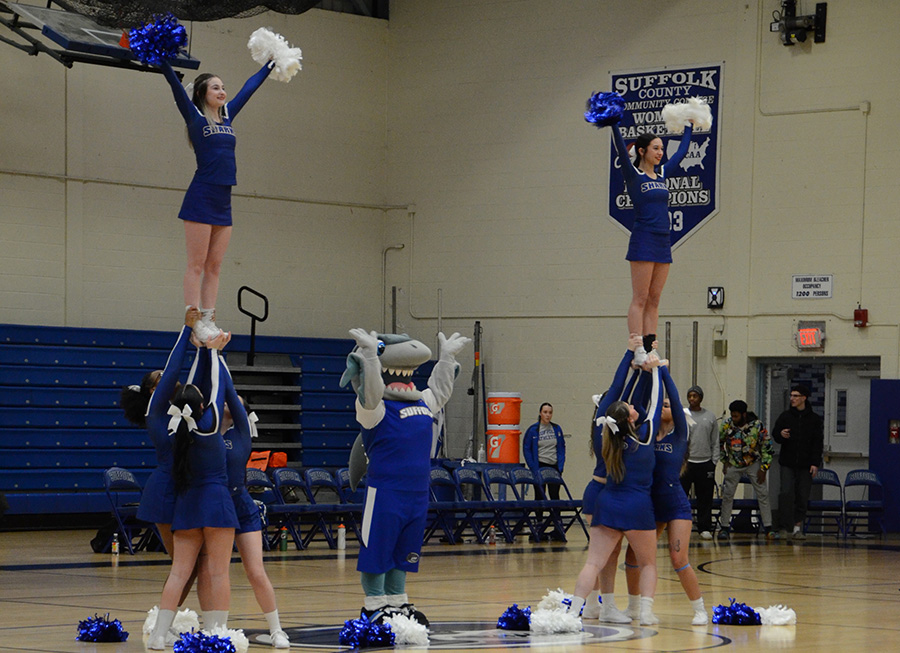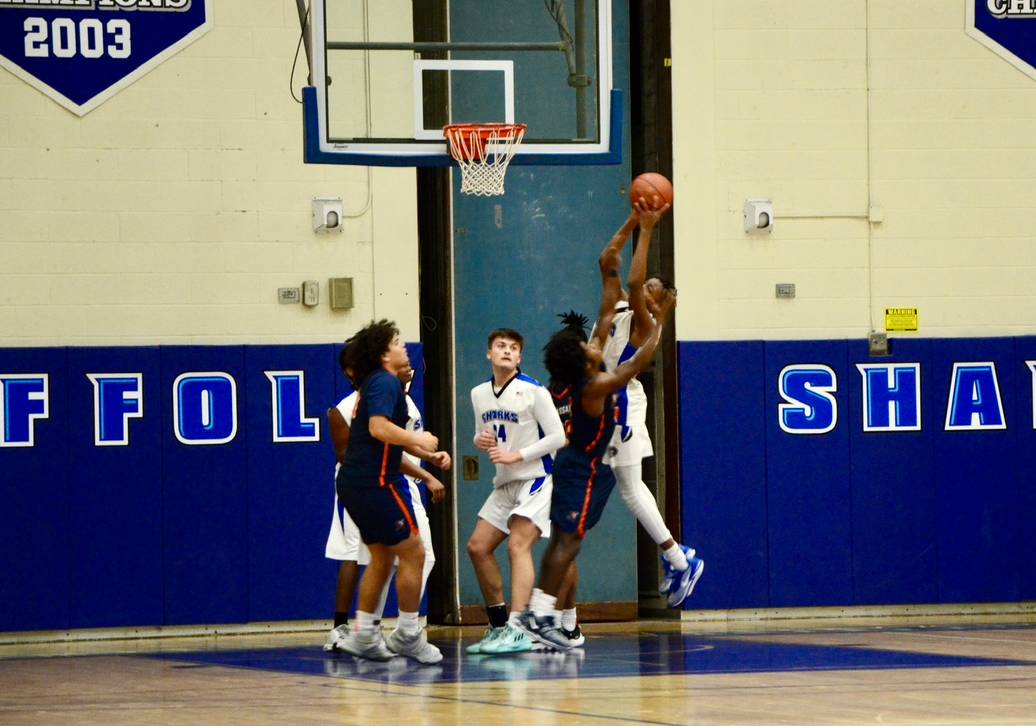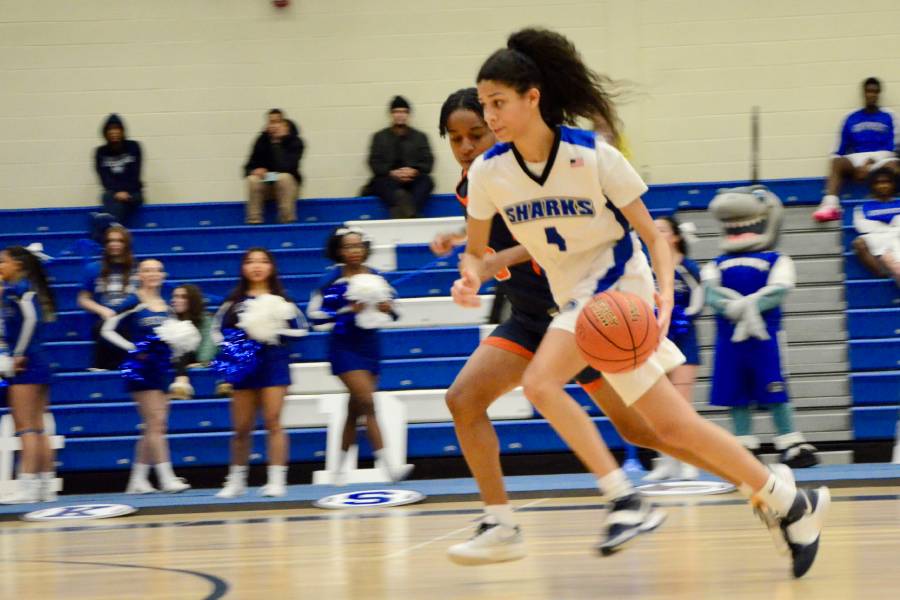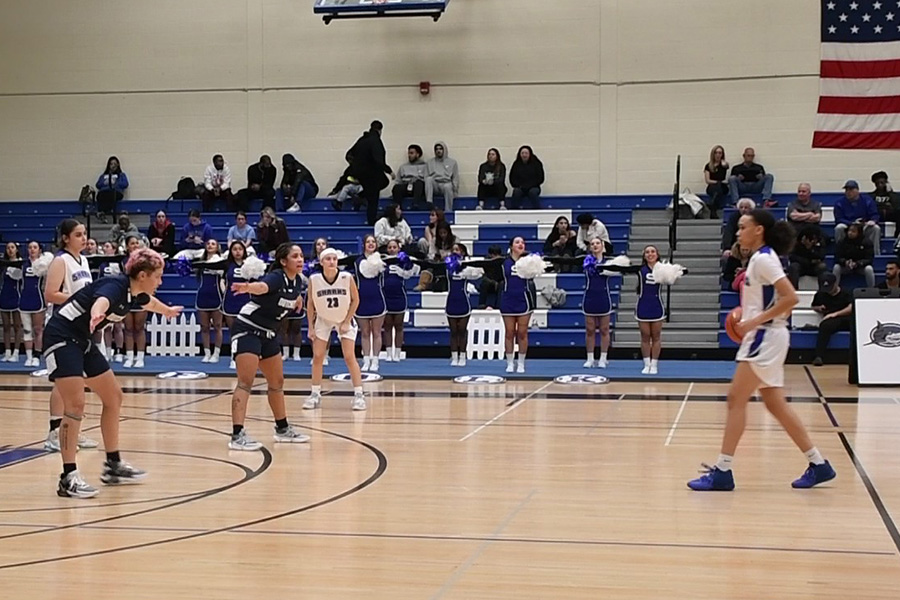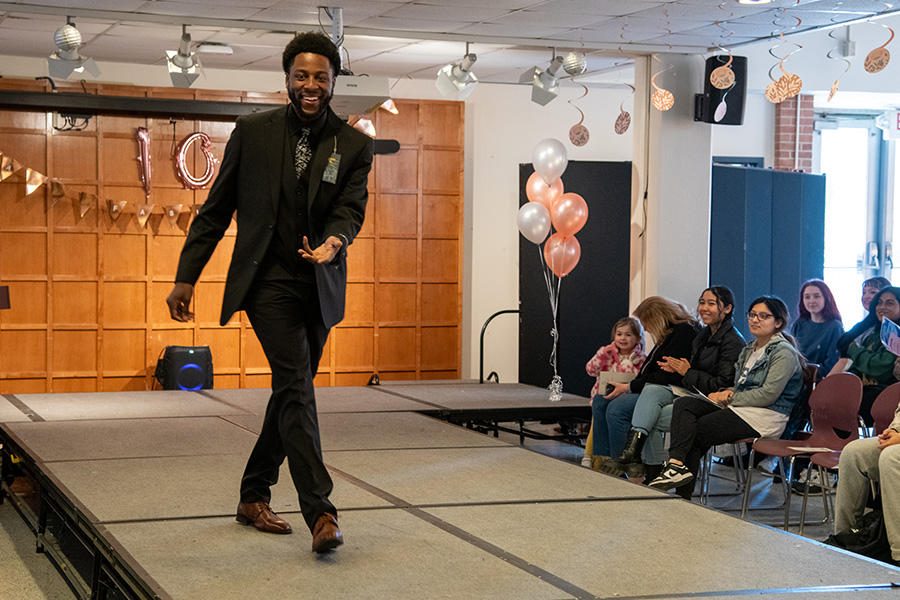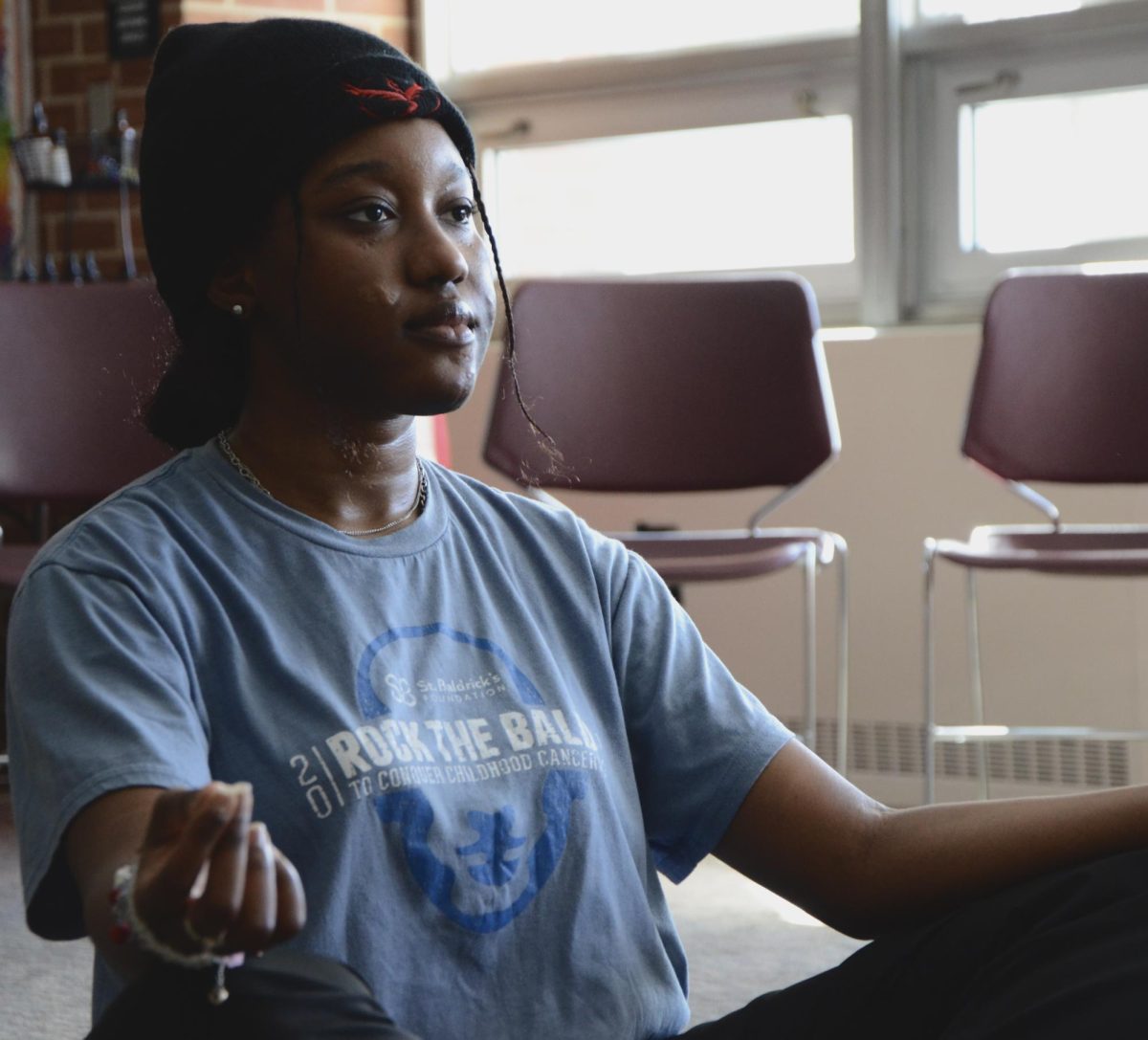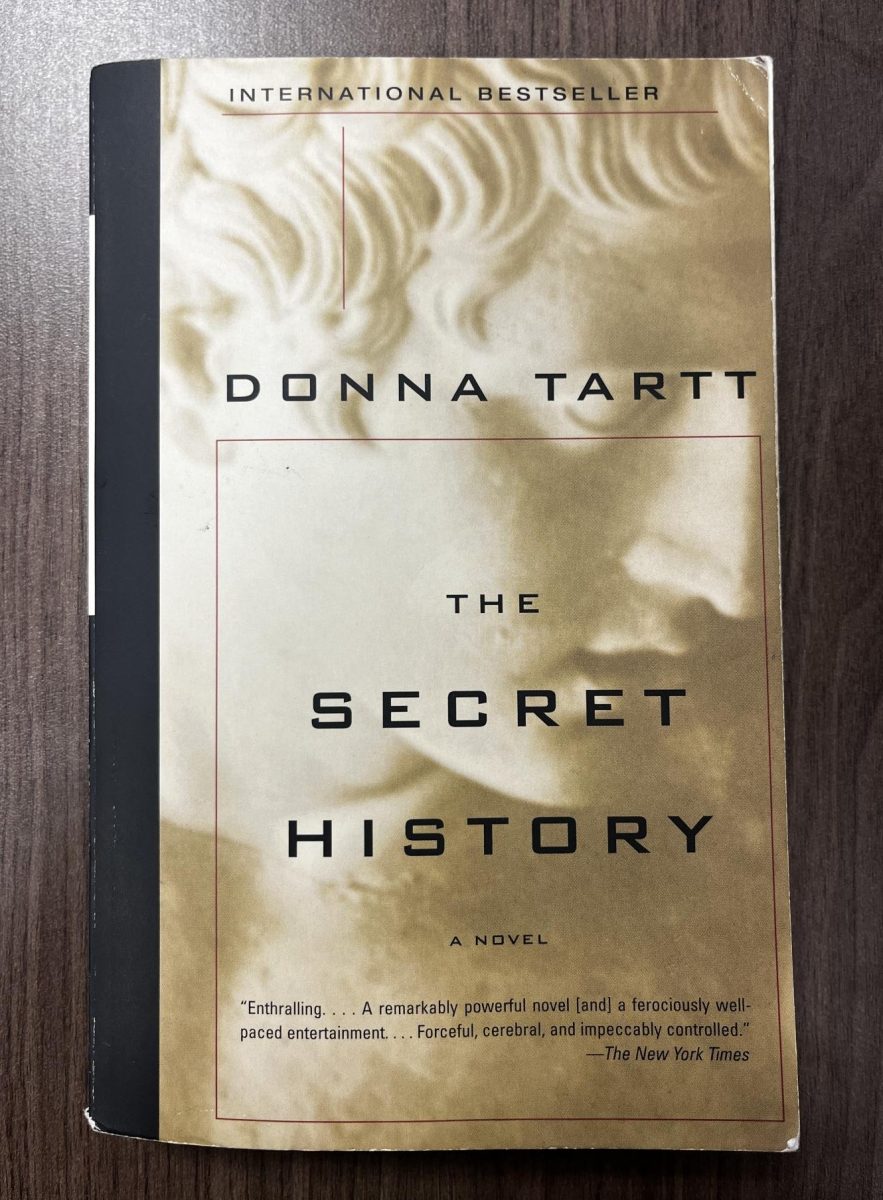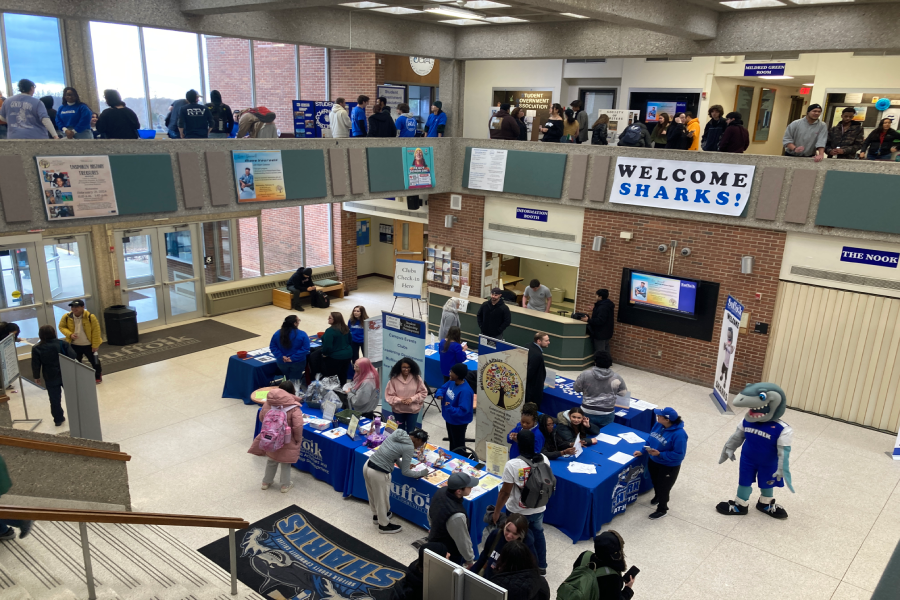Knowing that artificial intelligence cannot be outright banned in a school setting, some professors have begun incorporating ways to regulate the usage of AI in a good way. The focal point? AI is a tool, not a solution, made to assist, not to create.
Scott Mandia, a professor in the physical sciences department who has been teaching for 32 years, said he’s really started to take notice of AI’s influence this semester, especially his fully online classes.
“I have 72 students in this particular semester, and there were 12 students that were absolutely using AI to generate content and not write in their own words,” he said. “I don’t think AI is a bad thing,” he added. “I think AI is being used incorrectly.”
Mandia uses Claude AI, a program that processes large amounts of research and capable of generating its own responses, to research how density was used in the studies of a geologist, where he learnt that they could find the density of magma to see how far it can travel and warn the right people..
“It’s like sending out 15 people and saying, ‘Here are the Google search topics I want to do. Come back and bring it all together so I can write it in my own words.’ I didn’t know any of that before AI, and within 5-10 minutes, I now know how geologists use density in a very specific field.”
Mandia then translated the information he learnt from the program into his own words, showing how he used AI as a tool instead of the final product.
“It’s natural for faculty members to be afraid of AI, I was initially. But once you realize it’s kind of like online courses in that they’re here to stay, you think that as faculty, we need to teach each other the pros and cons of AI. We need to use it as a tool, not as a ghostwriter.”
Sarah Grunder, a professor of history and the assistant academic chair of social sciences, a;sp said she has recognized instances in which students have submitted generated responses for her assignments, especially in online classes.
“I wouldn’t say I’m so much of a victim of it, but rather it’s the students that are risking their education. AI is going to be with us for the long term, I think we’re going to have to learn how to grapple with it. It’s going to be used in education in some ways, there’s no doubt about that.” Grunder said. “It has been primarily to generate text in online discussions, to generate papers, I’ve seen it in those ways.”
Grunder started using AI in a class this semester.
“I am giving them a prompt, and then they’re going to bring the paper to the class, and then they’re going to critique it, with questions such as ‘How AI generates an argument,’ ‘How AI uses evidence,’ and how they could’ve done better.”
This practice encourages students to be aware of how AI can be flawed when used to generate assignments. By using AI as an assignment, the professor educates the students on what the program gets wrong, while still teaching the intended lesson of what the students are supposed to be learning.
Leanne Warshauer is assistant academic chair in the English Department. English is one of the biggest subjects affected by AI, as it is a field that is meant to challenge both writing creativity and capability.
“I can’t give names, but I can recall multiple instances where I read an essay, and the voice in the essay was so out of tone that the student usually submits, that I immediately suspected generated writing. It’s actually very easy to recognize. It has a really unique tone to it that usually does not match the writing of our students.”
While the idea of how to integrate AI into the school system has been laid out, students are still using it as a cheap way out of doing assignments, which can lead to a loss of important skills in reading and writing.
“Instead of doing an assignment and getting that experience, they are missing out on the chance to develop their own voice, whether it’s an academic essay or creative writing assignment and even an opinionated piece, ” Warshauer said. She is currently experimenting with AI to see if it can develop brainstorming. She has confirmed that she used AI in the classroom to show students how to critique it and show the tool’s limitations.
“I’m worried about AI diminishing student’s creativity and taking away their voice.”
The best approach for dealing with AI is to streamline it into a tool used for assisting students with their assignments, in favor of using the tool to create an unoriginal, generic response with no humanity behind it, professors said.
“Alex Nobel created dynamite, and of course now dynamite is used as a bad thing,” said Mandia. “Nuclear power is a great source of energy, but it can also be used to make a doomsday weapon. Students don’t use AI properly, and they see it as a quick fix to do the writing for them. If you use AI like it’s Google on steroids, then I think it’s great.”
